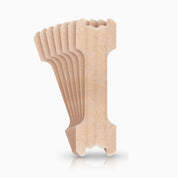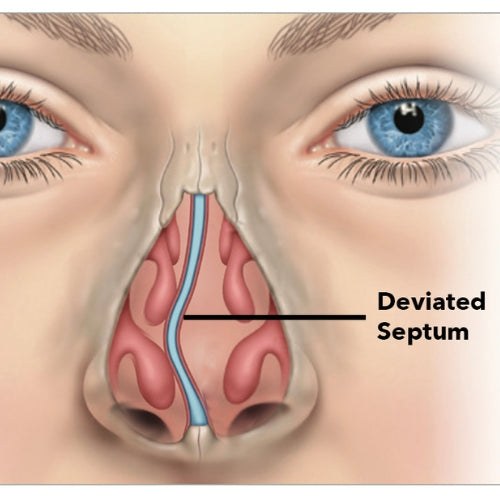The Truth About Nasal Strips & Sleep Quality
Have nasal strips become just another wellness trend, or do they genuinely enhance sleep quality? Whether you're a skeptic or a newcomer to the idea, this guide dives deep. We sift through scientific evidence, firsthand user experiences, and expert insights to get to the heart of the matter.
Understanding the Science of Nasal Strips

How They Function
Nasal strips aim to expand the nostrils, facilitating better airflow. Embedded with tiny springs, they latch onto both sides of the nose, drawing the nostrils apart. This design seeks to diminish airflow resistance, a common culprit behind snoring and restless nights.
Assessing Their Effectiveness
Research on nasal strips presents varied outcomes. Some studies tout their capacity to curb snoring and elevate sleep quality. Yet, others find negligible differences in snoring patterns, with or without the strips.
Who Stands to Benefit?
Before jumping on the nasal strip bandwagon, seeking a healthcare professional's counsel is paramount, especially for those suspecting obstructive sleep apnea. While these strips aren't designed as a treatment for sleep apnea, they can be beneficial for individuals not diagnosed with the condition. Interestingly, Nozey has noted a growing number of customers who wear them in conjunction with their CPAP machine.
Sifting Through User Experiences & Expert Views

Voices from the Ground
A considerable number of users, along with their partners, notice reduced snoring intensity and frequency when adopting nasal strips. However, these observations remain personal and might not echo universally.
Insights from the Experts
Medical stalwarts, including sleep specialists like Dr. David Rosen, stress the importance of screening for obstructive sleep apnea before opting for nasal strips. In the absence of sleep apnea concerns, these strips emerge as a feasible snoring deterrent.
Exploring Potential Concerns & Other Solutions
Possible Reactions
Most individuals using nasal strips face minimal to no adverse effects. A select few might encounter skin redness, itching, or mild irritation underneath the strip.
Looking at Alternatives
If nasal strips don't resonate with your needs or prove ineffective, a plethora of alternatives awaits—from lifestyle tweaks to specialised oral devices.
Final Thoughts
Nasal strips might not be everyone's go-to solution, but they represent a non-invasive method potentially boosting sleep quality for some. Always loop in your healthcare provider for tailored guidance.


















